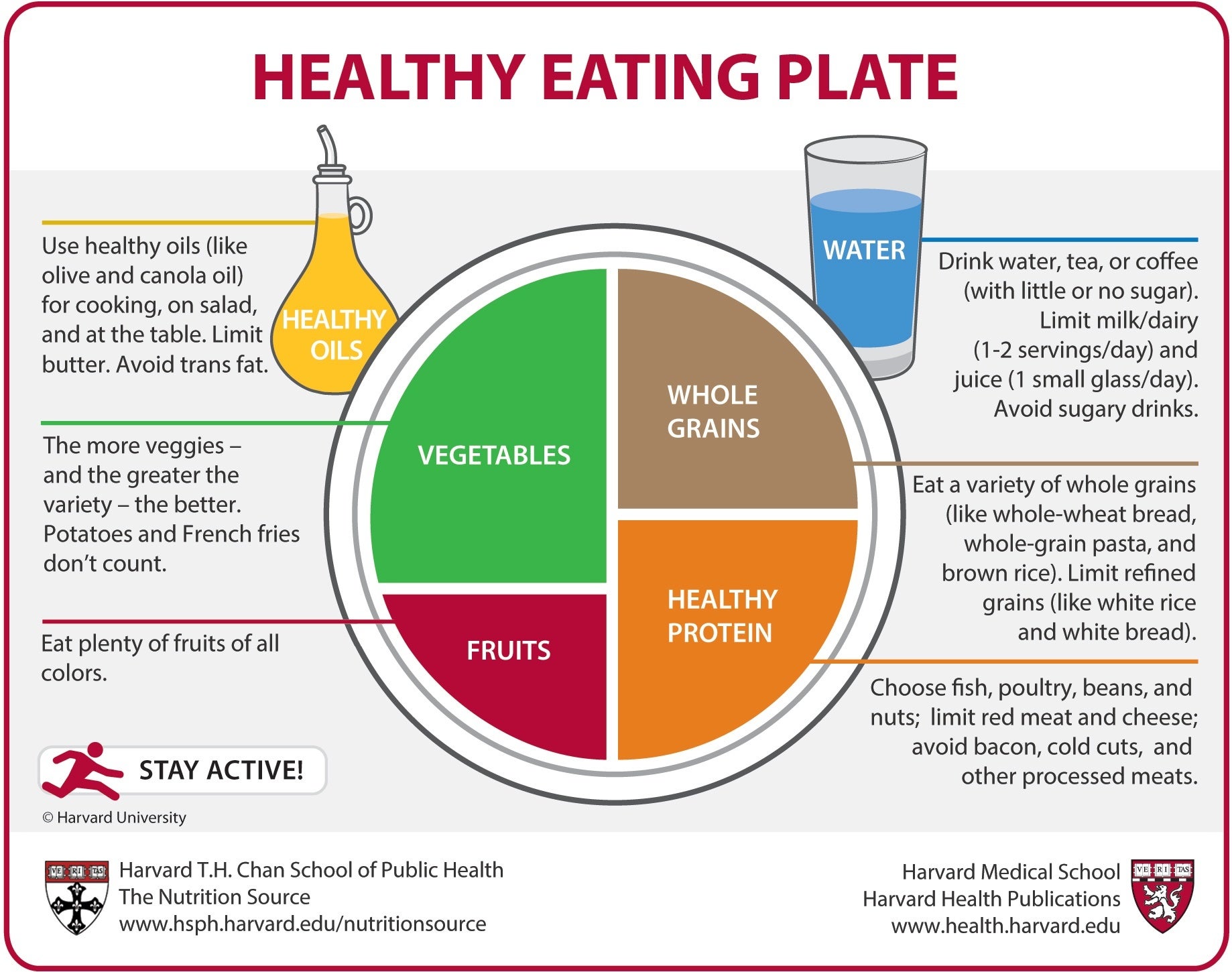
Top health benefits of watermelon:
According to the U.S. Department of Agriculture, 1 cup of watermelon (152 g) contains:
- Calories: 45.6
- Fat: 0.2g
- Cholesterol: 0mg
- Sodium: 1.52mg
- Carbohydrate: 11.5g
- Fiber: 0.6g
- Vitamin C: 12.3mg
- Potassium: 170mg
- Calcium: 10mg
- Vitamin A: 865 IU
- Lycopene: 6,890 micrograms
1) It is loaded with essential nutrients
At just 46 calories per cup, watermelon packs a punch when it comes to nutrients. It contains about 15% of your daily vitamin C needs, along with a wealth of other vitamins and minerals including potassium and vitamin A and B6.
As we know vitamin C strengthens our immune system and helps the body absorb iron, Watermelon is also rich in potassium, which works to lower blood pressure and supports nerve functioning, and vitamin B6, helps the body break down the proteins that you eat and also boosts the immune system and nerve function.
2) It is rich in lycopene
Lycopene is a natural compound found in watermelon that has antioxidant properties. It gives red color to this fruit It has been shown to decrease the risk of cancer, heart disease, and age-related eye disorders. Lycopene works to protect your cells from damage,
3) It keeps you well hydrated
Watermelon is composed of more than 90% water.
4) It adds to healthy digestion
Watermelon contains a high water content and a small amount of fiber. “Both are key to keeping digestion moving smoothly,” Fiber adds bulk to your stool and keeps you regular, while water helps move waste through your digestive system.
5) It could also help with weight management
In a study it has been found that subjects who were considered overweight or clinically obese and ate watermelon instead of low-fat cookies experienced greater satiety and weight loss. Eating watermelon daily was associated with a decrease in subjects’ body weight, body mass index, blood pressure, and waist circumference.
6) It may improve heart health
Research shows that consuming foods with lycopene may reduce your risk for heart disease and stroke. A 2012 study published in the American Journal of Hypertension suggested a link between the fruit and heart disease, as research suggested watermelon extract may reduce blood pressure over a sustained period of time. “The authors suggested that L-citrulline and L-arginine — two of the antioxidants in watermelon — may improve the function of the arteries,”
7) It could work to reduce cancer risk
Lycopene found in watermelon may reduce inflammation and oxidative stress, an imbalance between free radicals (the unstable molecules that the body produces naturally, which can cause illness) and the body’s ability to fight their effects. Chronic inflammation can raise your risk for certain diseases, including cancer, and research shows that lycopene has the potential to reduce inflammation and keep cancer cells from growing, which reduces your risk for the diseases. Studies have highlighted that increasing your lycopene intake can reduce your risk for cancers of the digestive tract and prostate cancer.
8) Watermelon may help reduce inflammation
A specific combination of antioxidants, lycopene and vitamin C, found in watermelon can lower inflammation and oxidative damage over time, Derocha explains. Inflammation can cause swelling, pain, or flushed skin for those experiencing it. And chronic inflammation can lead to serious conditions, including cancer, asthma, heart disease, and type 2 diabetes.
9) It’s great for your skin
“The water and vitamins A, B6, and C in watermelon help your skin stay soft, smooth, and supple,” .
Vitamin C boosts collagen production, which improves skin elasticity and blood flow to the skin. And vitamin A helps repair skin cells, preventing dry, flaky skin, while vitamin B6 helps with skin breakouts.
Lycopene can play a role in protecting your skin from the sun, Derocha adds, making it less likely you’ll get a sunburn.
10) It may relieve achy muscles
A small study published in the Journal of Agricultural and Food Chemistry found that athletes who drank watermelon juice saw reduced muscle soreness for up to 24 hours. The juice also helped lower their recovery heart rate.
11) Watermelon seeds and rind are nutritious, too
When eating fresh watermelon, most people stick to the red or pink flesh. But you can eat the rind and seeds, too, as they offer their own holistic health benefits.
Rinds are lower in sugar and higher in fiber than the flesh of a watermelon,
“When eaten with the rest of the melon, it helps slow down sugar absorption in the gut and mellows the rise in blood sugar.” Watermelon rinds also contain L-citrulline, which may reduce blood pressure and boost athletic performance.
The seeds are good sources of monounsaturated and polyunsaturated fatty acids, which guard against heart attack and stroke and lower levels of bad cholesterol in the blood.
Copyright © 2011, Harvard University. For more information about The Healthy Eating Plate, please see The Nutrition Source, Department of Nutrition, Harvard T.H. Chan School of Public Health, www.thenutritionsource.org, and Harvard Health Publications, www.health.harvard.edu.
Join the mailing list!
Get the latest articles delivered right to your inbox!



